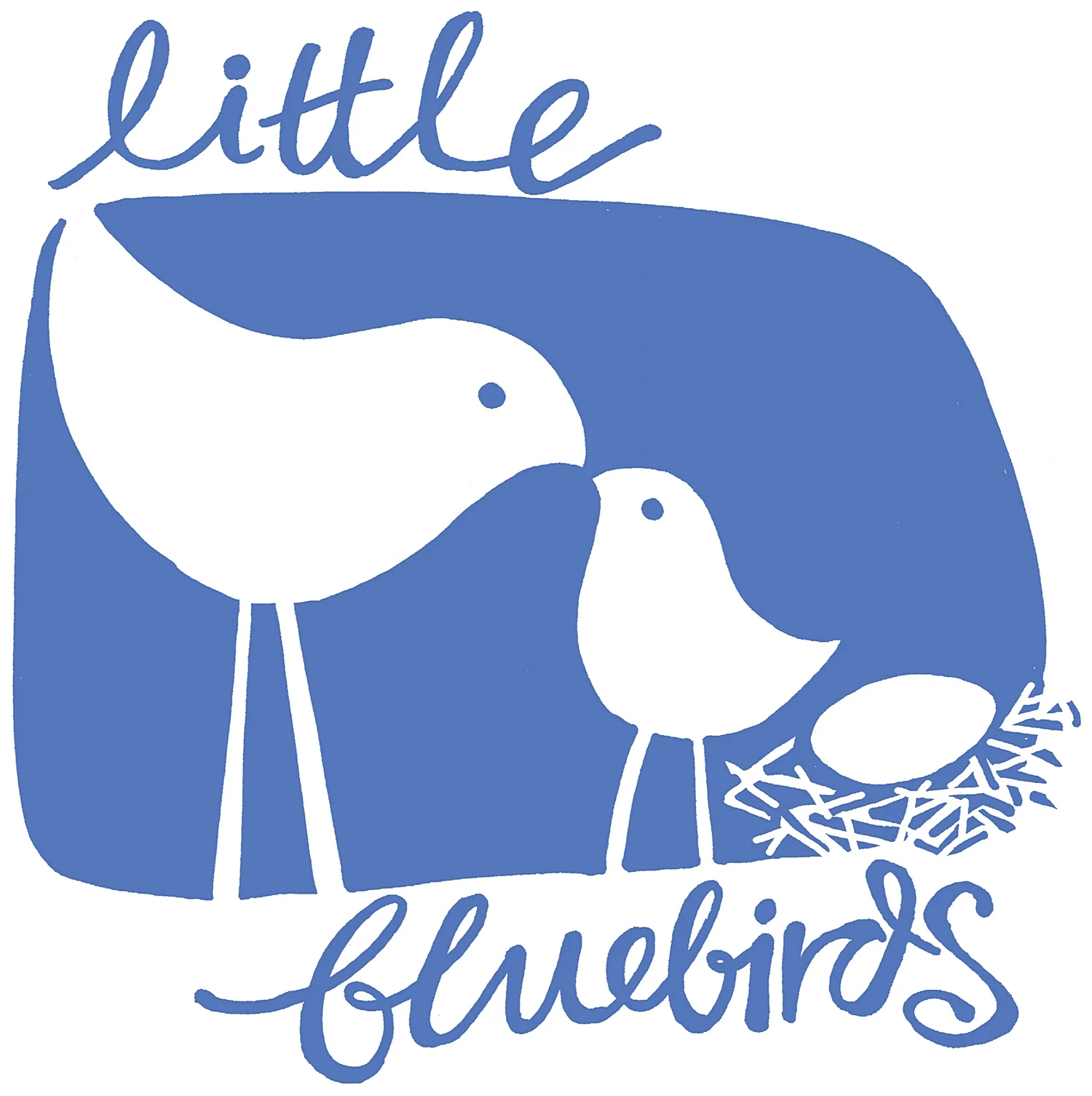Colour Matching
It's Autumn and getting colder every day. The leaves are changing colour as we approach Winter. Reds, oranges, yellows and browns are the most common colours associated with Autumn. What other colours are waiting to be found out in the natural world? What do the rain, the sunlight and the clouds do to the colours on the ground? All these colour discoveries can be made with a simple game of colour-match.
This is a great game to play with children of all different ages, and works for a single child and their parent, or a whole group of kids! It can be a great starting point to get you outside. What are you waiting for?
You will need;
A colour chart -
- visit your local hardware or paint shop and grab a paint palette. There are many different varieties available, so pick whatever suits the age/s of your group. Little kids may like a big array of colours, blues, greens, oranges, yellows and reds, so pick up a chart with lots of colours. Kindergarten kids might like a more challenging task, so pick up a few cards containing 3 different shades of the same colour.
You may be surprised how many shades of green and brown there are in Nature!
A piece of land -
- Visit your local Botanical Gardens, there are always a wide variety of colours from different plants here.
- Perhaps your own garden will do? Grandparents, neighbours or friends may have a lovely garden, so invite yourselves over (preferably for a meal, it's always nice to have a meal with others, especially one that you don't have to prepare yourself!)
- Check out a local National Park or State Park. There are so many wonderful National and State Parks, with all sorts of facilities. Why not combine this colour-matching idea with a family bushwalk, a mushroom hunt or a family picnic? Check whether you can bring your dog with you (not in National Parks) and make it fun for ALL the family!
A bit of time -
- Take as little or as much time as you need. Why not keep some paint colour charts in your "Art box" and bring it out when you're at a loss for what to do and you need a "quick" game (You could even leave a palette sheet in the glovebox of your car). Or plan a big day out with friends and turn it into an event!
- grab a thermos of soup or tea, a snack or a picnic, just yourselves or some friends and you're set.
A sense of adventure -
- Have a chat with your child about what you're going to do. Younger children who are learning colours can be excited about finding things with a colour name that they recognise.
- As children get closer to kindergarten and school-age, they might be more interested in being really accurate about their matching.
- This game may just be your starting point. Your adventurous child may lead you off on all sorts of tangents. Who knows where you may end up? Your budding scientist might like to order the leaves from darkest to lightest, noticing fine details in the leaves. Your budding fantasy story-teller might take you into a dragon's lair and show you the last remaining dragon's egg. Your little destructor might just throw the leaves up into the air and run around wildly! Your neat, organised one might keep working diligently until the whole colour chart is complete.
Grab a big chart with lots of colours to match.
Rules;
- As always, go with your child. We are all different. Each child will grow, learn, create and understand at their own pace. Don't be stuck on exact recognition. Sometimes the kids will pick a leaf that "matches". At a very young age, playfulness and fun is more important than complete accuracy! Once the children are nearer to 5years, they may like to be more exacting. Any adult playing the game can also be guided by their own desires for accuracy!
Kinder kids may like the extra challenge of matching with more accuracy
- I love the idea that a game idea such as this one is an "invitation to play", rather than a strict set of rules that need to be adhered to. Kids love creating their own versions of games and their ideas can lead you off into places you have never been before!!
- Take out a few colour chart options and let the children choose their own, then go off on your walk/hunt.
Take some salt dough with you to collect treasures.
- The game can also be played the other way around. Grab a basket, go on a treasure hunt and collect some "wonders", then colour match on your return.
Colour matching can be done after you've collected your treasures
Bonus Learnings -
- You may be surprised to discover just how many different shades of colour are found on your walk or picnic.
- You may notice that colour-matching is not always as simple as it first appears.
- You may discover how obvious rubbish can be in a natural environment. Bright blues, reds, whites and silvers catch the eye as they are so different from the colours of the ground and trees. Kindergarten kids who are learning about rubbish and the environment may feel passionate about finding more rubbish to take home, to be disposed of correctly. You might find that this becomes a normal part of a bushwalk or a beach walk from now on (take3forthesea).
- Learnings will be open-ended and led by the curiosity of your child or yourself!
- You may even find that your child who doesn't normally like walking, suddenly wants to walk everywhere when there is an adventure awaiting! (we can always hope!)
Good luck, have fun and happy playing outside in Nature!








